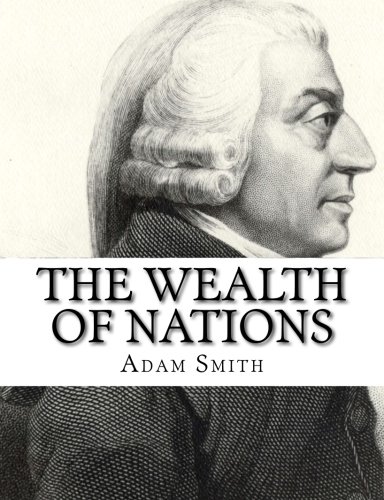Social Darwinism is the belief/belief system that society is and should be run by those who are the "fittest," or the most suited to rule based on traits such particular to race. Carnegie presents similar but more lenient in his work "the gospel of wealth". While these ideas are still moderately racist, it ought to be noted that Carnegie was a Scottish immigrant, probably accounting for his more lenient ideas. Carnegie notes how the treatment of african americans is still poor, however his excuse is less about pure superiority and instead socioeconomic implications. He continues to state that society has come to a breaking point where there are massive discrepancies between rich and poor. Carnegie advocates for laissez-faire policies, possibly being an early belief of trickle-down economics.

Carnegie

Adam Smith's wealth of nations also advocated for laissez-faire policy citing the "invisible hand"
Carnegie

Adam Smith's wealth of nations also advocated for laissez-faire policy citing the "invisible hand"
Comments
Post a Comment